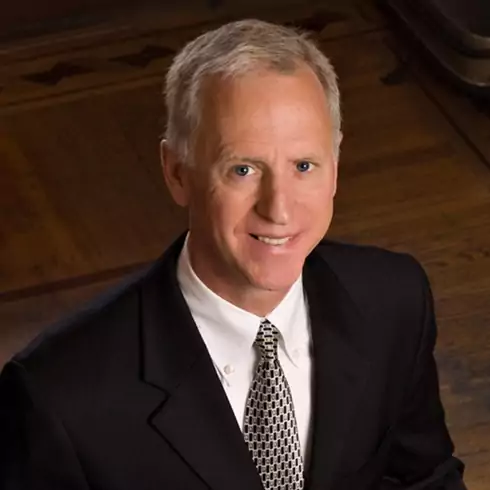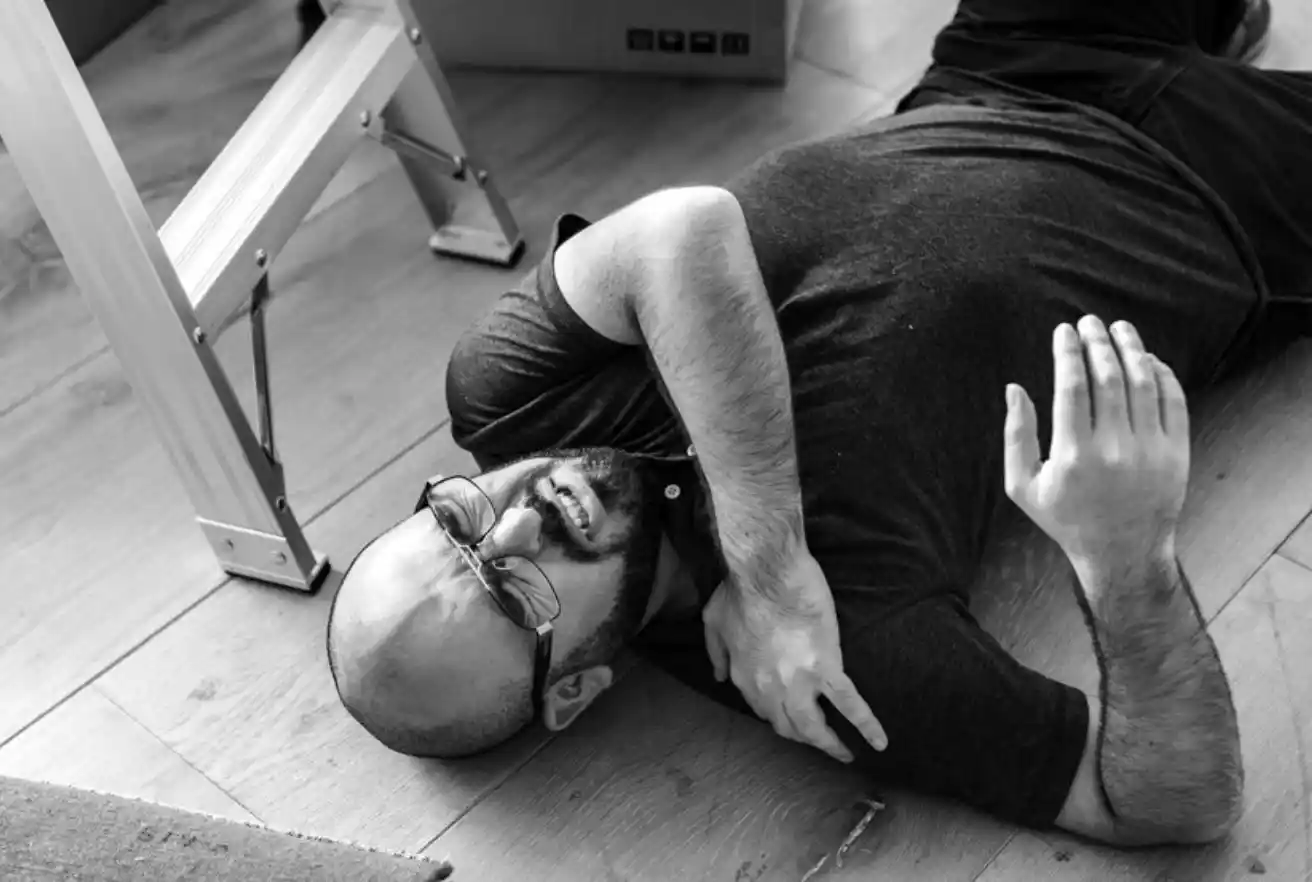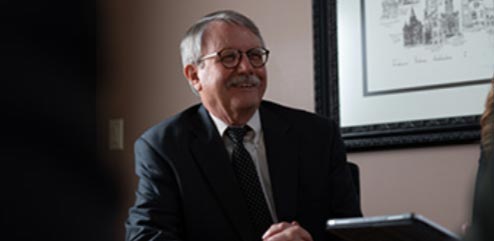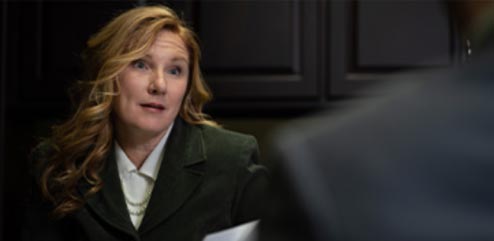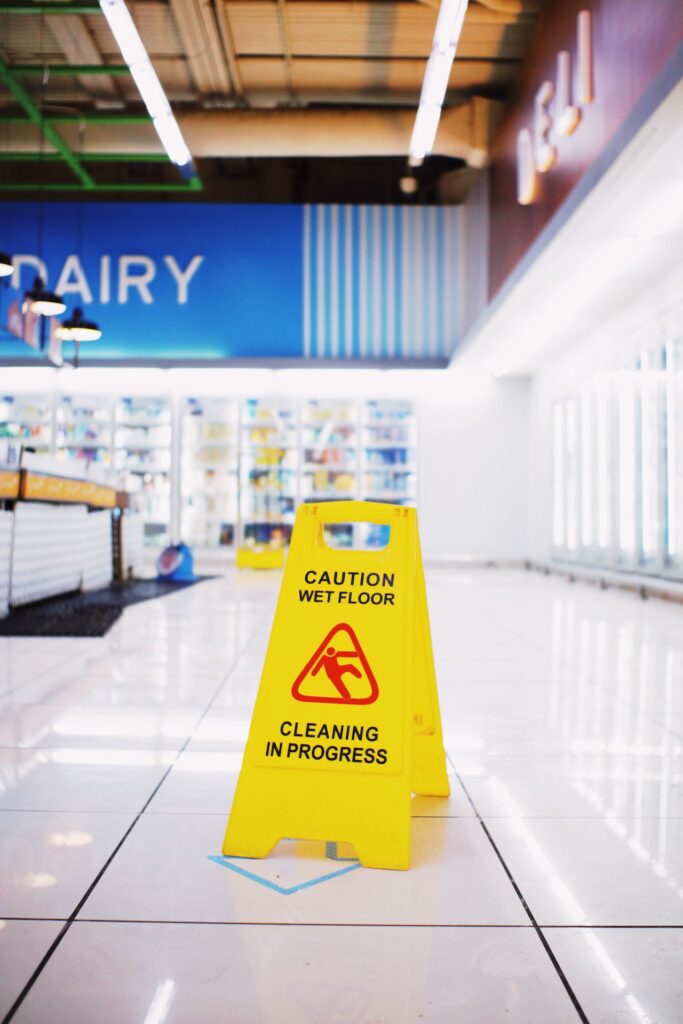
Lawrenceburg Premises Liability Lawyer
In the unfortunate event that you or a loved one has been injured due to hazardous conditions on someone else’s property in Lawrenceburg, Indiana, you may find yourself immersed in a challenging legal landscape to claim compensation. That’s why it’s important to contact a Lawrenceburg premises liability lawyer to ensure you are protected after a personal injury.
At Christie Farrell Lee & Bell, we are committed to standing by your side during this challenging time. Our team of local professionals possesses the experience and compassion needed to fight for your rights, guide you through the complexities of premises liability law, and pursue the compensation you rightfully deserve.

